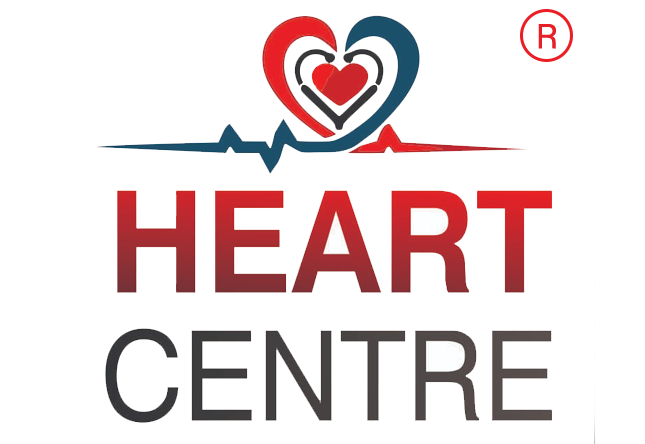Author Dr. PG Sarkar
Heart failure is a serious and often debilitating condition that affects millions of people around the world. It occurs when the heart is unable to pump enough blood to meet the body’s needs, causing symptoms such as shortness of breath, fatigue, and chest pain. While heart failure is a common condition, it can be difficult to diagnose and treat, and it can have a significant impact on quality of life.
Symptoms of Heart Failure
The symptoms of heart failure can vary from person to person, but common signs and symptoms include:
- Shortness of breath: This can occur even during mild activity or when lying down.
- Fatigue: This can be a result of the heart not being able to pump enough blood to the body.
- Chest pain: This can be a sign of a heart attack or other heart-related problems.
- Swelling: This can occur in the legs, ankles, and feet, and may be a sign of fluid buildup in the body.
- Rapid or irregular heartbeat: This can be a sign of an irregular heartbeat or arrhythmia.
Causes of Heart Failure
Heart failure can be caused by a number of factors, including:
- Coronary artery disease: This is a common cause of heart failure and occurs when the blood vessels that supply blood to the heart become narrow or blocked.
- High blood pressure: This can cause the heart to work harder over time, leading to heart failure.
- Heart valve problems: This can cause the heart to work harder or to leak blood, leading to heart failure.
- Heart attacks: This can damage the heart muscle, leading to heart failure.
- Chronic diseases: This can include conditions such as diabetes, kidney disease, and liver disease, which can damage the heart and increase the risk of heart failure.
Treatment Options for Heart Failure
The treatment for heart failure will depend on the severity of the condition and the underlying cause. Common treatments include:
- Medications: This can include diuretics to help reduce fluid buildup, ACE inhibitors to help improve blood flow, and beta-blockers to help slow the heart rate.
- Lifestyle changes: This can include changes to diet, exercise, and weight management, which can help improve heart function and reduce the risk of heart failure.
- Devices: This can include pacemakers, defibrillators, and implantable cardiac monitors, which can help improve heart function and detect heart problems.
- Surgery: This can include procedures such as angioplasty, coronary artery bypass surgery, and heart valve repair, which can help improve heart function and reduce the risk of heart failure.
Living with Heart Failure
Heart failure can be a challenging condition to live with, but there are steps you can take to help manage your symptoms and improve your quality of life. This can include:
- Making lifestyle changes: This can include changes to diet, exercise, and weight management, which can help improve heart function and reduce the risk of heart failure.
- Taking medications: This can help manage symptoms and reduce the risk of heart failure.
- Monitoring your condition: This can include regular check-ups with your doctor and monitoring your symptoms, which can help detect changes in your condition and allow for early treatment.
- Seeking support: This can include joining a support group, talking to your family and friends, and reaching out to healthcare providers, which can help you cope with the emotional and physical challenges of heart failure.
In conclusion, heart failure is a serious condition that can have a significant impact on quality of life. By understanding the symptoms, causes, and treatment options




